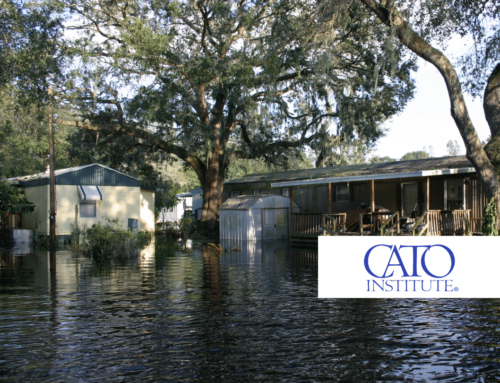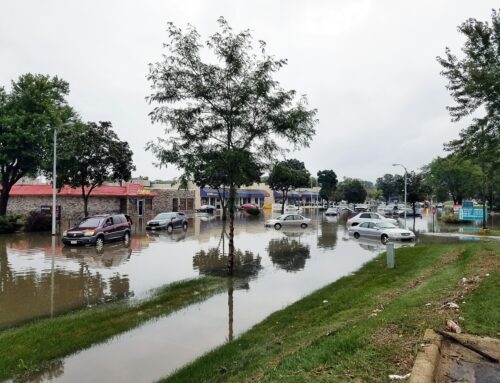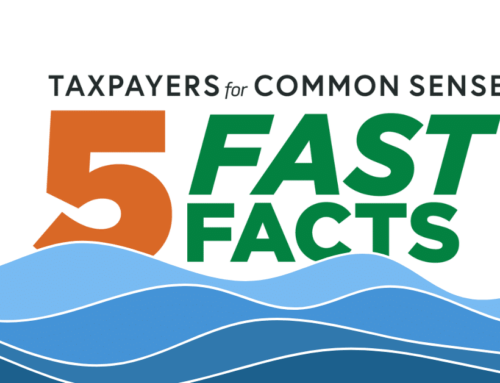Taxpayers for Common Sense on PBS Nightly Business Report: May 17, 2011
Taxpayers for Common Sense VP Steve Ellis commenting on the National Flood Insurance Program (NFIP) and the program's $17 billion debt at a time when the Mississippi River is causing widespread damage and financial losses.
For exact video coverage of the NFIP and Mississippi floods please fast forward to 9:35.
Our previous Weekly Wastebasket on the mighty Mississippi .
Watch the full episode . See more Nightly Business Report.
TRANSCRIPT
Mississippi Flood Financial Damage
Tuesday, May 17, 2011
SUSIE GHARIB: One of the nation`s busiest waterways has been shut down to help prevent more flooding. The Coast Guard closed the Mississippi River at the Natchez port today, because barges on the water could put more pressure on already strained levees. The interruption could cost the U.S. economy hundreds of millions of dollars a day. As Darren Gersh reports, the rising water is also putting financial pressure on a national flood insurance program that already faces a huge deficit.
DARREN GERSH, NIGHTLY BUSINESS REPORT CORRESPONDENT: Thousands of miles have been flooded and almost too many farms and homes to count. This is widely expected to be the most expensive flood damage since hurricane Katrina, with a cost as high as $4 billion. The Heritage Foundation`s David John says the price tag is another example of how Federal flood insurance is not priced to reflect the true risk of a loss.
DAVID JOHN, SR. FELLOW, HERITAGE FOUNDATION: This program has a monster deficit from hurricane Katrina. It has virtually no chance of repaying that deficit and now it is going to suffer still larger losses — another quarter, perhaps, as large — and this is just going to put it further under.
GERSH: The floods come as Congress considers yet another round of reforms. The House of Representatives may take up legislation as soon as next week to raise flood insurance premiums to better reflect the risk of flood damage. The bill would also increase deductibles on some properties. Policy limits would also increase to match inflation. National Association of Realtors economist Paul Bishop says the changes should make flood insurance more sustainable.
PAUL BISHOP, VP, NATIONAL ASSN REALTORS: From one particular year to the next, depending on the types of flooding events and the severity of those, there could be some net loss over a short period of time, but the goal over a period of many years is to make sure that there is no cost to taxpayers.
GERSH: Critics argue the reforms, while helpful, don`t raise costs high enough to match flood risk. They are also concerned Congress is preparing to expand flood insurance — adding coverage for living expenses and business interruption. Steve Ellis of Taxpayers for Common Sense supports the reform effort, but says the expansion goes too far.
STEVE ELLIS, VP, TAXPAYERS FOR COMMON SENSE: When you`re in a hole as deep as this — a $17 billion hole — it`s time to stop digging and actually start filling it in and adding new business lines is only going to increase the program`s debt.
GERSH: The national flood insurance program takes in premiums of just over $3 billion a year, a fraction of its debt, which means the cost of this flood will almost surely be added to the taxpayers` tab. Darren Gersh, NIGHTLY BUSINESS REPORT, Washington.











Get Social